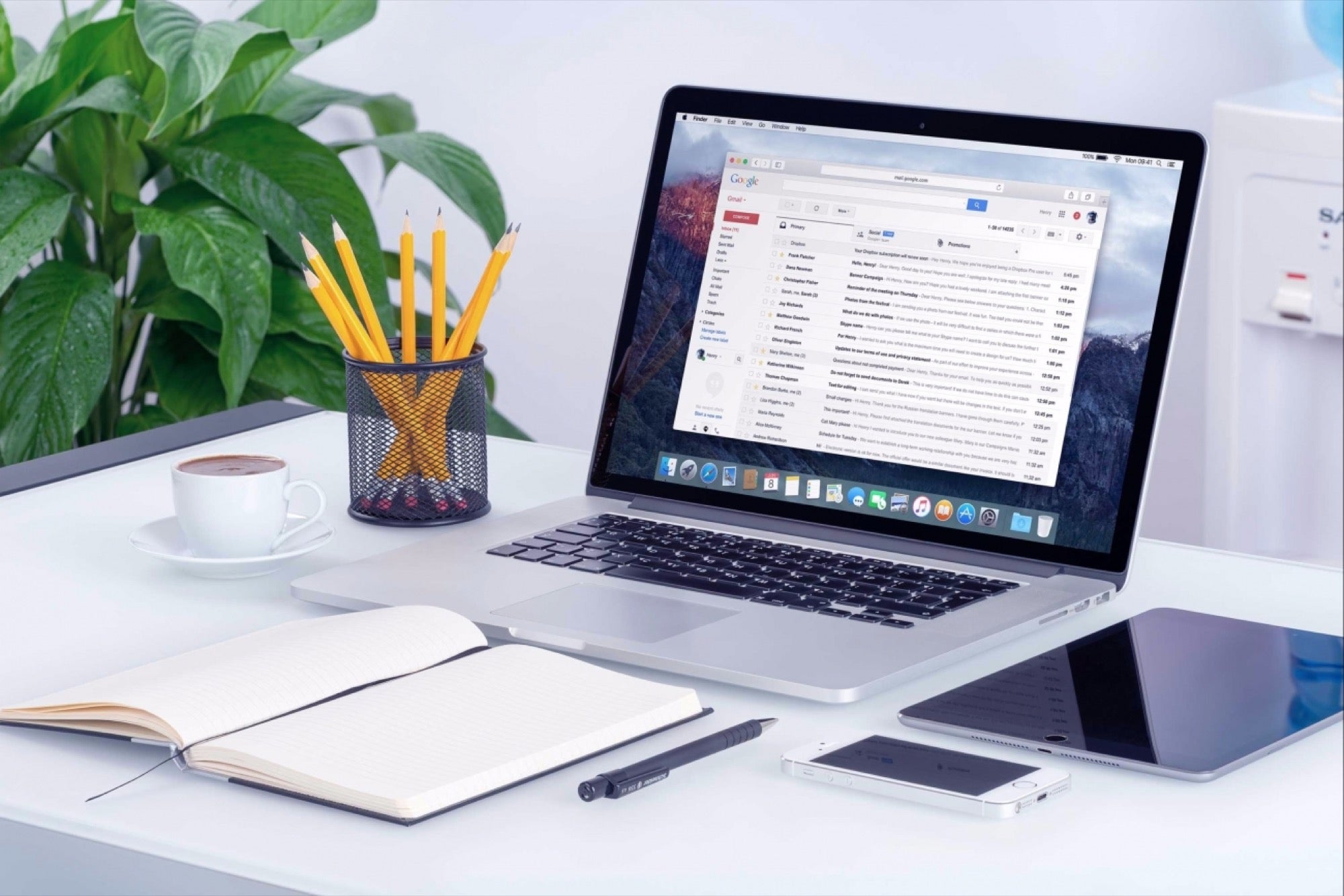The Do's and Don'ts of Email Etiquette Don't forget, when dashing off an email, that a person you have a business relationship with will judge you by what you write.
By Jacqueline Whitmore Edited by Dan Bova
Opinions expressed by Entrepreneur contributors are their own.

When the use of email became common in the early 90s, the business world changed. Email now takes up a significant portion of our workday. According to a study by the International Data Corporation (IDC) workers spend 28 percent of their workweek reading and answering email.
While we try to work faster and more efficiently, we must not forget the social rules that accompany any form of communication. Here are some of the dos and don'ts of email etiquette.
Do have a clear subject line.
Most of us have to compete with the hundreds of emails clogging our inbox every day, so the clearer your subject line, the more likely your message will be read. For example, if you're sending a proposal to someone, be specific and write, "The Fitch Proposal Is Attached."
Don't forget your signature.
Every email should include a signature that tells the recipient who you are and how to contact you. Set it up to automatically appear at the end of each email. Include all of your contact details so the recipient doesn't have to look up your address, email or phone number.
Do use a professional salutation.
Using "Hey," "Yo," or "Hiya" isn't professional, no matter how well you know the recipient. Use "Hi" or "Hello" instead. To be more formal, use "Dear (insert name)." Using the person's name in the salutation -- "Hello Robert" -- is quite appropriate, but remember not to shorten a person's name unless you're given permission to do so.
Don't use humor.
Humor does not translate well via email. What you think is funny has a good chance of being misinterpreted by the other party, or taken as sarcasm, without the accompanying vocal tone and facial expressions. When in doubt, leave humor out of business communications.
Do proofread your message.
Don't be surprised if you're judged by the way you compose an email. For example, if your email is littered with misspelled words and grammatical errors, you may be perceived as sloppy, careless, or even uneducated. Check your spelling, grammar and message before hitting "send."
Don't assume the recipient knows what you are talking about.
Create your message as a stand-alone note, even if it is in response to a chain of emails. This means no "one-liners." Include the subject and any references to previous emails, research or conversations. It can be frustrating and time consuming to look back at the chain to brush up on the context. Your recipient may have hundreds of emails coming in each day and likely won't remember the chain of events leading up to your email.
Related: Google's 'Smart Reply' Feature Arrives on Desktops Today
Do reply to all emails.
Give a timely and polite reply to each legitimate email addressed to you. Even if you do not have an answer at the moment, take a second to write a response letting the sender know you received their email. Inform the sender if their email was sent to the wrong recipient, too.
Related: Ever Get a 'Please Do This, ASAP!' Email Commandment at 4:50 p.m.? Not Cool.
Don't shoot from the lip.
Never send an angry email, or give a quick, flip response. Give your message some thoughtful consideration before sending it. If you feel angry, put your message into the "drafts" folder, and review it again later when you are calmer and have time to formulate an appropriate response.
Do keep private material confidential.
It is far too easy to share emails, even inadvertently. If you have to share highly personal or confidential information, do so in person or over the phone. Ask permission before posting sensitive material either in the body of the email or in an attachment.
Related: Email Needs Endless Management. Follow These 4 Simple Rules to Boost Your Productivity.
Don't! overuse exclamation points.
Exclamation points and other indications of excitement such as emoticons, abbreviations like LOL, and all CAPITALS do not translate well in business communications. Leave them off unless you know the recipient extremely well. It's also not professional to use a string of exclamation points!!!!!
It may take some practice to keep your emails professional and to the point, but you will look more polished and organized in the long run.











